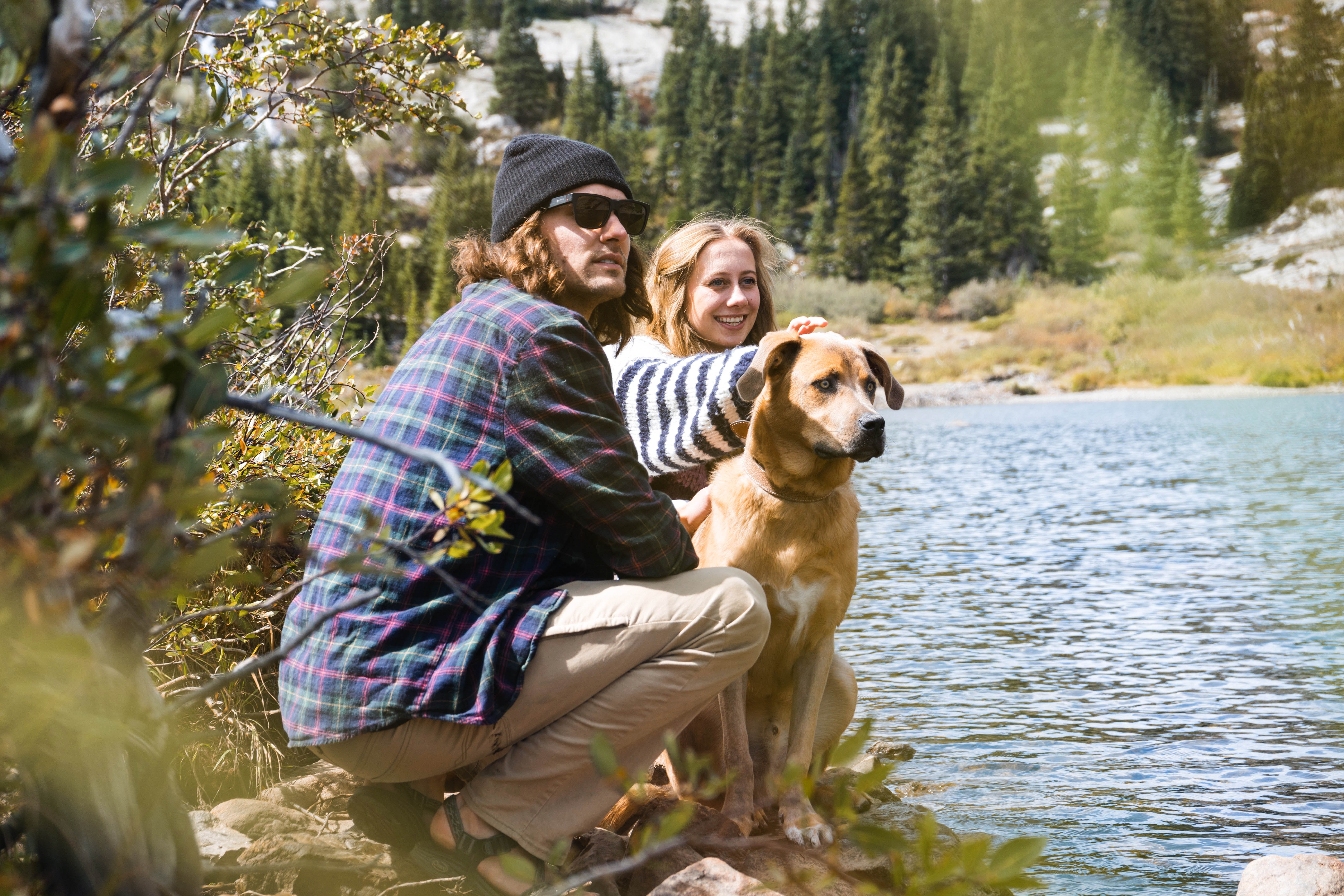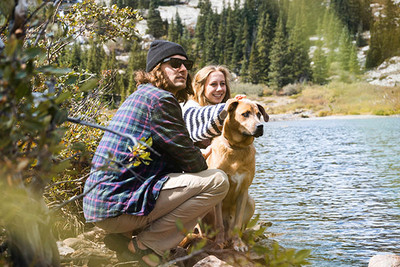Posted by Rhona Warnock on Mar 02, 2021

On any given Monday, vets’ waiting rooms up and down the country contain a liberal sprinkling of the latest victims of ‘weekend warrior syndrome’. Loosely put, it’s the tendency of dog owners to believe that while an average Monday to Friday sees the household pet taking a 15-minute walk between dinner and the TV going on, when Saturday rolls around both owner and Fido will easily scale Kilimanjaro before lunch.
While this is clearly a fairly flippant tongue-in-cheek definition, an increasing problem exists, and every week more dogs become casualties of their owner’s unrealistic ambitions. The fact is that like people, dogs need training and preparation for activity which is significantly greater than their daily routine to be safe and successful in carrying it out. Furthermore, while the absolute capability of a dog may be more a function of his age, fitness, training and general health, there are factors regarding his shape, size and breed to consider: perhaps a miniature dachshund may not be ideally suited to flyball competition?
We all look forward to the weekend when we have more time to spend with our dogs, and to getting out with them, but we need to remember that exceeding our dogs’ fitness levels can cause problems including:
• Heat exhaustion
• Hypoglycaemic (low blood sugar) collapse
• Muscle soreness, strains and tears
• Overuse injuries and acute arthritic flare-ups
• Increased risk of serious ligament and tendon injuries
So how do we avoid making weekend warriors out of our faithful friends?
There are some simple rules to follow to keep them safe.
- First of all, consider checking with your vet if there are any specific individual issues your pet might have with a new activity you are planning, and any precautions (s)he advises. You will need to have a reasonably good idea of what the exact demands of that particular event are.
- Work out a reasonable time-scale to train your pet’s fitness up, and start in good time. Your dog’s endurance will improve gradually with regular training as you steadily increase distances and speeds with him; but step-ups which are too large and/or too soon may cause harm.Training should be discipline specific; that is you must practice the same skills that you need on the day.
- Plan what you need to carry, including food and water, and how you will get backup if you need it; allow time for a warm-up and cool-down period, and above all pay constant attention to your canine companion.
No matter how disappointing, STOP if your dog is struggling. Unfinished business is just an excuse to get back out there another day!
By Rhona Warnock
Animal Rehabilitation Centre
